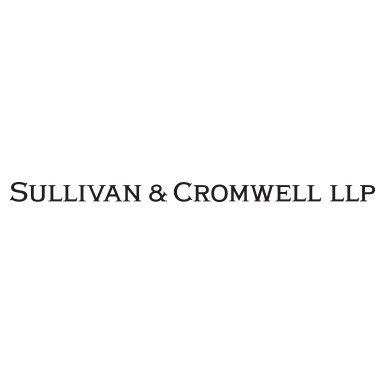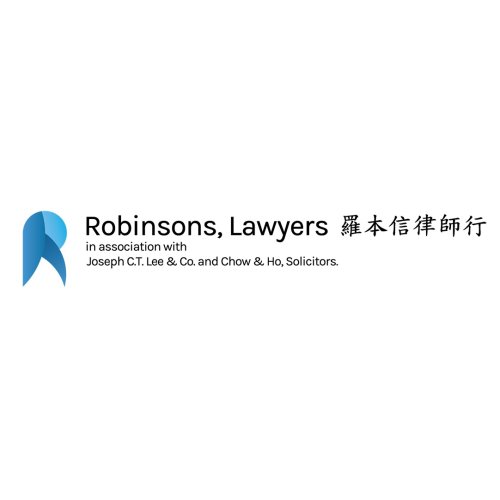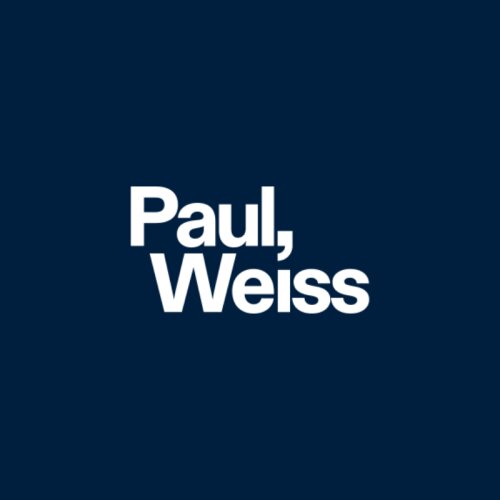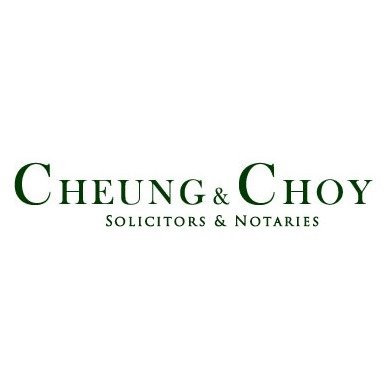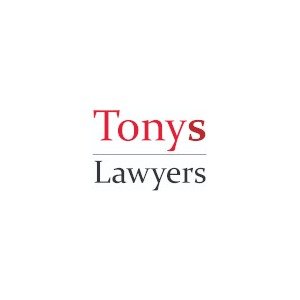Best Public-Private Partnerships (PPP) Lawyers in Central
Share your needs with us, get contacted by law firms.
Free. Takes 2 min.
List of the best lawyers in Central, Hong Kong
About Public-Private Partnerships (PPP) Law in Central, Hong Kong
Public-Private Partnerships (PPP) are collaborative arrangements between the government and private sector entities for the financing, development, operation, and maintenance of public infrastructure or services. In Central, Hong Kong, PPPs often relate to major infrastructure projects such as transportation, education, healthcare, and environmental facilities. The goal is to leverage private sector expertise, innovation, and funding to deliver projects that serve the public interest while sharing risks and benefits. The legal landscape governing PPPs in Central stems from Hong Kong's general legal framework, supplemented by sector-specific regulations and guidelines issued by relevant agencies.
Why You May Need a Lawyer
Engaging in a PPP project can be complex, involving detailed negotiations, compliance requirements, and risk assessment. You may need a lawyer in situations such as:
- Drafting or negotiating PPP contracts and agreements
- Understanding and complying with government tendering or procurement rules
- Assessing regulatory, financial, and legal risks associated with PPP participation
- Resolving disputes between public and private partners
- Managing intellectual property, land use, or environmental compliance issues
- Structuring project financing and securing investment
Local Laws Overview
PPPs in Central, Hong Kong operate within the broader legal structure of Hong Kong law, which is based on the common law system. There are no standalone PPP laws but key regulations and frameworks influence these projects:
- The Public Finance Ordinance governs public project financing and management
- The Government Procurement Agreement under the World Trade Organization, adhered to by Hong Kong, frames procurement standards for transparency, competitiveness, and fairness
- Anti corruption laws enforced by the Independent Commission Against Corruption (ICAC) prevent unlawful practices during project procurement and execution
- Specific sectoral guidelines for transport, utilities, education, and health projects
- Land and property regulations administered by the Lands Department
- Environmental compliance laws for sustainable project development
Frequently Asked Questions
What is a Public-Private Partnership (PPP)?
A PPP is a collaborative agreement where a government entity and a private sector partner share resources, risks, and rewards to deliver public infrastructure or services.
Which types of projects in Central, Hong Kong are commonly carried out as PPPs?
Typical PPP projects include transportation infrastructure (like bridges or rail lines), public housing, schools, hospitals, environmental and energy facilities, and some IT infrastructure projects.
Are there any specific PPP laws in Hong Kong?
No, there is no dedicated PPP law in Hong Kong. PPP projects are mainly governed by general contract law, public procurement rules, and sector-specific regulations.
How does the government select private partners for PPP projects?
Private partners are commonly selected through competitive and transparent tender or procurement processes, ensuring fairness and value for public money.
What are the common challenges faced in PPP projects?
Challenges include risk allocation, regulatory compliance, financial structuring, contract management, changing project scopes, and possible disputes between stakeholders.
How are risks typically shared in PPP arrangements?
Risks are allocated based on the party best able to manage them, whether financial, construction, operational, or regulatory. These are detailed in the PPP agreement.
What legal documents are usually required for a PPP project?
Key documents include the PPP agreement, project concession contract, financing agreements, land lease documents, construction and operating contracts, and compliance documents.
Can foreign companies participate in PPP projects in Central, Hong Kong?
Yes, foreign companies can participate, subject to fulfilling tender qualifications, legal registration, and compliance with local laws and procurement guidelines.
What are the dispute resolution mechanisms for PPP projects?
Disputes are typically resolved through negotiated settlements, mediation, arbitration, or litigation, as specified in the PPP agreement.
What happens if a PPP agreement is breached?
Breach of agreement can result in penalties, termination of the contract, claims for damages, or legal proceedings, depending on the terms set out in the contract.
Additional Resources
For further information and assistance, the following organizations and resources are useful:
- Development Bureau of the Government of the Hong Kong Special Administrative Region
- Department of Justice - Guidance on Procurement and Contracts
- Independent Commission Against Corruption (ICAC) - Advice on anti corruption in project procurement
- Lands Department - Guidance on land-related matters in PPPs
- Hong Kong International Arbitration Centre - Dispute resolution services
- Legal Advice Centres and the Law Society of Hong Kong
Next Steps
If you require legal assistance for a PPP matter in Central, Hong Kong, consider the following steps:
- Clearly define your project goals, scope, and challenges
- Gather all relevant project documentation, correspondence, and contracts
- Identify the legal issues or questions you face
- Consult a legal professional or law firm experienced in PPP and infrastructure projects in Hong Kong
- Review your rights, obligations, and options together with your lawyer
- Ensure continuous legal support during the bidding, negotiation, implementation, and completion phases of the project
Lawzana helps you find the best lawyers and law firms in Central through a curated and pre-screened list of qualified legal professionals. Our platform offers rankings and detailed profiles of attorneys and law firms, allowing you to compare based on practice areas, including Public-Private Partnerships (PPP), experience, and client feedback.
Each profile includes a description of the firm's areas of practice, client reviews, team members and partners, year of establishment, spoken languages, office locations, contact information, social media presence, and any published articles or resources. Most firms on our platform speak English and are experienced in both local and international legal matters.
Get a quote from top-rated law firms in Central, Hong Kong — quickly, securely, and without unnecessary hassle.
Disclaimer:
The information provided on this page is for general informational purposes only and does not constitute legal advice. While we strive to ensure the accuracy and relevance of the content, legal information may change over time, and interpretations of the law can vary. You should always consult with a qualified legal professional for advice specific to your situation.
We disclaim all liability for actions taken or not taken based on the content of this page. If you believe any information is incorrect or outdated, please contact us, and we will review and update it where appropriate.



